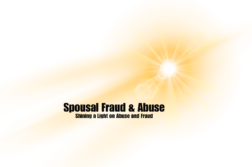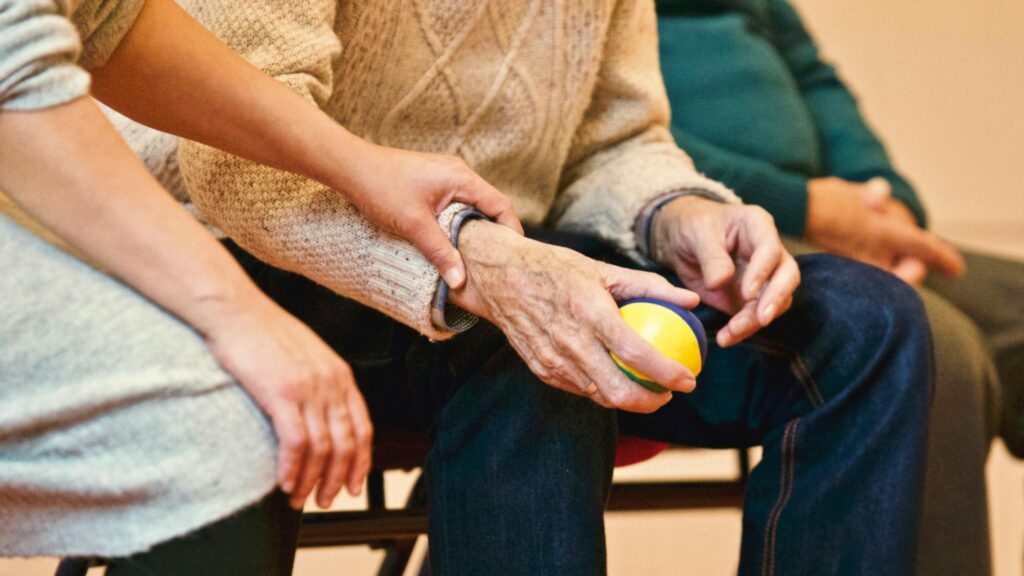Introduction: A Crisis Hiding in Plain Sight
As America’s population ages, a deeply troubling epidemic continues to grow largely in silence—elder abuse. From physical neglect to financial exploitation, abuse against older adults is not just a personal tragedy—it’s a societal failure.
Despite awareness efforts, 1 in 10 Americans aged 60 and older experience some form of elder abuse, according to the National Council on Aging. Yet, most cases go unreported.
This article, prepared for readers of Spousal-Fraud.com, explores how abuse devastates its victims and, more importantly, what can be done to prevent it—starting now.
The Devastating Impact of Elder Abuse
Elder abuse comes in many forms:
- Physical or sexual abuse
- Neglect by caregivers
- Psychological or emotional manipulation
- Financial exploitation
Even when visible signs fade, the psychological trauma and sense of betrayal often linger for life.
A Cleveland Clinic overview underscores how neglect may appear less violent than physical abuse, but it carries equally severe consequences—chronic health problems, malnutrition, and profound emotional scars.
And then there’s the financial toll. A growing number of cases involve stolen assets, manipulated estate plans, and scams that leave seniors penniless. As Financial Planning highlights, even trusted professionals or family members sometimes play a role in these betrayals.
The Silent Killer: Isolation and Mortality
Elder abuse doesn’t just hurt—it kills.
A 2024 study in The Lancet Healthy Longevity found that elder abuse is closely linked to worsened cognitive health, greater incidence of depression, and increased mortality. For victims, the emotional weight of abuse is compounded by fear of retaliation, shame, and the societal pressure to stay quiet.
In cases where the abuser is a spouse or partner—especially in long-standing relationships—victims may feel doubly trapped. As noted on Spousal-Fraud.com, “The line between marital loyalty and silent suffering is often tragically blurred.”
Key Strategies for Preventing Elder Abuse
- Recognize the Warning Signs
Understanding what abuse looks like is the first step toward stopping it.
According to the Philadelphia District Attorney’s Office, warning signs may include:
- Unexplained bruises or injuries
- Social withdrawal or behavioral changes
- Sudden financial confusion or missing funds
- Hesitancy around certain caregivers
- Unattended medical issues or poor hygiene
Friends, neighbors, and family members should remain alert and never hesitate to ask questions or report suspicions.
- Protect Against Financial Exploitation
Older adults are frequent targets for fraud—particularly when cognitive decline begins to set in.
CLA’s Financial Services blog urges financial institutions to implement fraud detection systems and train frontline staff to spot suspicious transactions or unusual behavior.
At the family level, prevention includes:
- Establishing durable power of attorney with clearly defined boundaries
- Setting alerts on large withdrawals
- Avoiding joint bank accounts with individuals outside of legal authority
- Working with fiduciary financial planners who have no incentive to manipulate outcomes
- Start the Conversation—Even When It’s Difficult
Elder abuse thrives in silence.
As the National Council on Aging emphasizes, “Families must create an environment where speaking up is both safe and encouraged.” This includes honest discussions about finances, wills, care preferences, and safety concerns.
A proactive conversation can prevent a crisis later. Adult children should be prepared to listen without judgment and provide a network of accountability before a predator can gain access.
- Modernize and Enforce Protection Laws
In many states, elder protection laws remain outdated or underfunded. A March 2025 article in North Carolina Health News reported on how under-resourced Adult Protective Services agencies struggle to investigate credible allegations in a timely manner.
Legal reform is essential. Lawmakers must:
- Expand mandatory reporting laws
- Allocate funding for specialized elder abuse prosecutors
- Create multidisciplinary response teams
- Prioritize legal education for judges and attorneys handling elder law
Advocacy organizations and civic leaders must push for a stronger legal framework to prosecute abusers and protect vulnerable elders.
- Support Awareness Through Community Engagement
Raising public awareness is key to prevention. Events like Elder Abuse Awareness Month, held every June, provide important visibility. Local communities are also stepping up.
In Bowling Green, Ohio, the Wood County Senior Center recently hosted an event pairing awareness with Flag Day, reminding attendees that protecting our elders is a patriotic and moral duty.
Churches, schools, libraries, and neighborhood groups can also serve as watchdogs—offering a space where older adults can report concerns and receive support.
A National Wake-Up Call
Elder abuse is not just a private matter—it’s a public health issue.
It challenges us to ask: What kind of society are we building if those who once raised us, led us, and cared for us are left to suffer in silence?
At Spousal-Fraud.com, we explore not only the financial exploitation of spouses but the deeper erosion of autonomy that elder abuse represents. This isn’t simply about justice—it’s about dignity.
What You Can Do Right Now
You don’t have to be an expert to make a difference. You just have to care—and act.
🔹 Check In Regularly
Whether you’re a neighbor, friend, or family member—stay present in the lives of older adults.
🔹 Report Suspected Abuse
Call your local Adult Protective Services or 911 if someone is in immediate danger.
🔹 Set Up Safeguards
Encourage seniors to review wills, create POAs, and establish clear communication channels with trusted contacts.
🔹 Advocate for Change
Support legislation that increases protections for older adults in your state.
Final Thoughts: Dignity Begins with Us
The elderly deserve more than just a peaceful retirement. They deserve security, dignity, and to be treated with the same care they once gave others.
Elder abuse will not end on its own—it requires an alert public, informed professionals, and compassionate individuals willing to speak up and intervene. Whether you’re managing a parent’s estate, volunteering at a senior center, or simply being a kind neighbor, your awareness might be the lifeline someone desperately needs.
In the fight against elder abuse, there is no bystander role. There is only action—and silence.
For more tools, stories, and advocacy resources, visit our Elder Abuse Awareness Hub at Spousal-Fraud.com/Elder-Abuse.


we really need to do much more to prevent the abuse of our seniors. It’s pathetic to see people that hurt and take advantage of vulnerable people